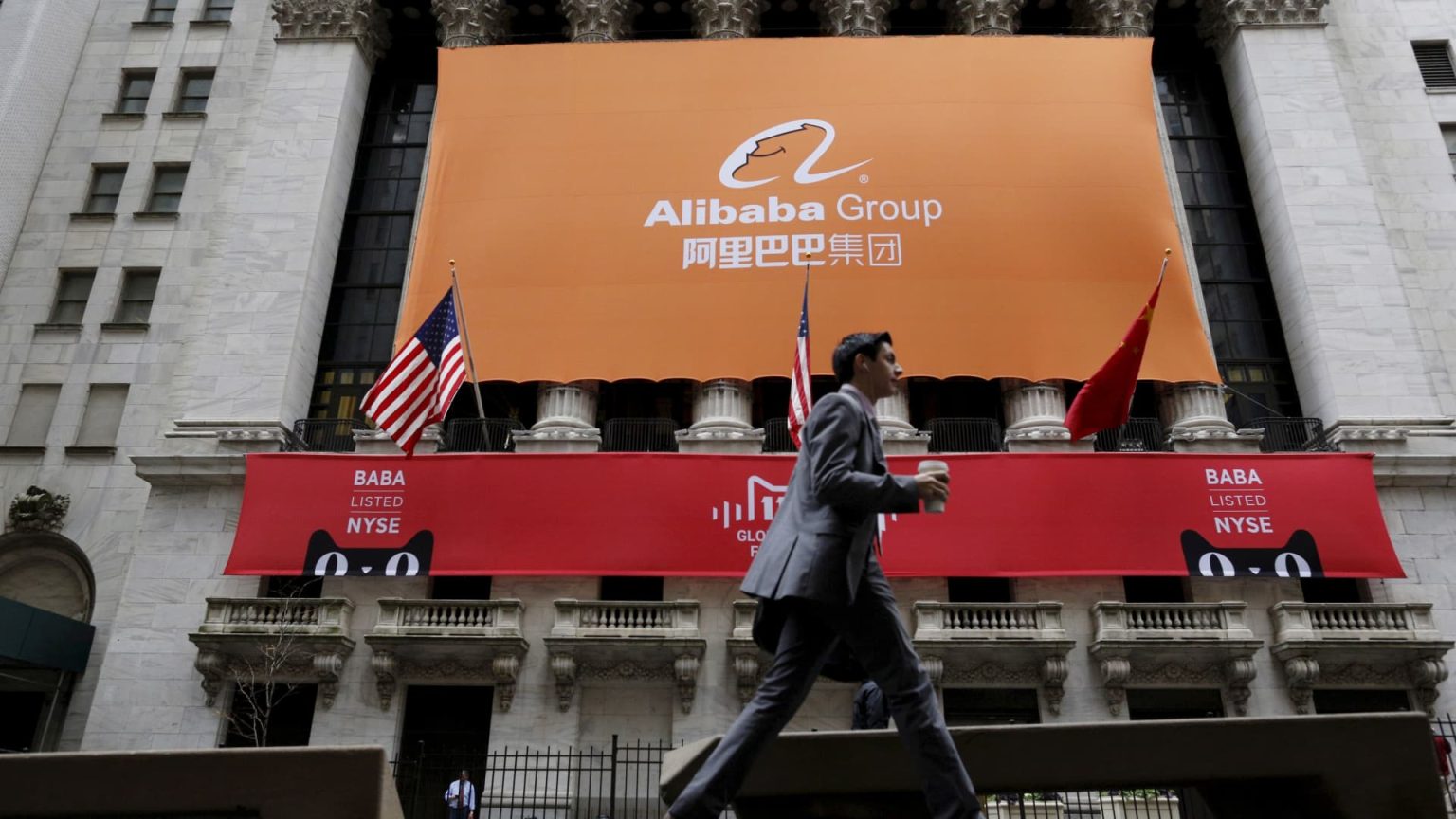Last week, Alibaba’s shares received a boost after founder Jack Ma expressed satisfaction with the company’s turnaround progress. Following this, current Chair Joe Tsai also shared his confidence in Alibaba’s ability to continue being a top player in the e-commerce industry. Despite positive sentiments, Wall Street analysts have concerns about Alibaba’s increased spending for future growth, leading to several of them lowering their price targets for the stock. JPMorgan, for example, trimmed its price target to $100 a share, down from $105, citing Alibaba’s investments in core operations like domestic and international e-commerce and cloud services.
Alibaba has undergone significant changes in the past year, including a restructuring into six units aimed at potential spin-offs to enhance shareholder value. However, the company has faced setbacks such as canceling the IPO plans for its cloud business and logistics arm, Cainiao. To address these challenges, executives like Eddie Wu have taken on key leadership roles within the company. Wu, who became CEO of Alibaba in September, has also taken charge of the cloud business, following the departure of former CEO Daniel Zhang, who had initially been expected to lead the cloud division.
According to analysts at UBS, Alibaba’s financial performance may remain weak in the near term due to ongoing investments in platforms like Taobao, Tmall, and Alibaba International Digital Commerce. The firm suggests that more significant upside potential may be seen in the second half of the year if a macroeconomic recovery gains momentum and concrete financial results from the new business strategy are demonstrated. Despite strong competition from rivals like Pinduoduo and ByteDance in the e-commerce sector, Alibaba is striving to integrate AI tools and models into its operations to stay ahead in the market.
In terms of generative artificial intelligence, Alibaba’s Tongyi Qianwen AI chatbot faces stiff competition from ByteDance’s Doubao, which boasts higher user engagement and popularity. Despite Alibaba’s efforts to leverage AI in its e-commerce and cloud businesses, Tsai acknowledged in an interview that China lags behind the U.S. in AI development by about two years. However, AI monetization was notably absent from recent analyst reports on Alibaba, suggesting that the company’s transformation journey may require more time and investment before yielding significant returns.
Morgan Stanley equity analysts, like Gary Yu, maintain a conservative view on Alibaba, with a price target of $85 and an equal weight rating on the stock. Despite the optimism surrounding Alibaba’s turnaround efforts, concerns about the company’s spending on future growth initiatives and competition in the e-commerce and AI sectors continue to impact investor sentiment. Amid these challenges, Alibaba remains focused on driving innovation and improving its user experience to secure its position as a leading player in the global e-commerce landscape.


